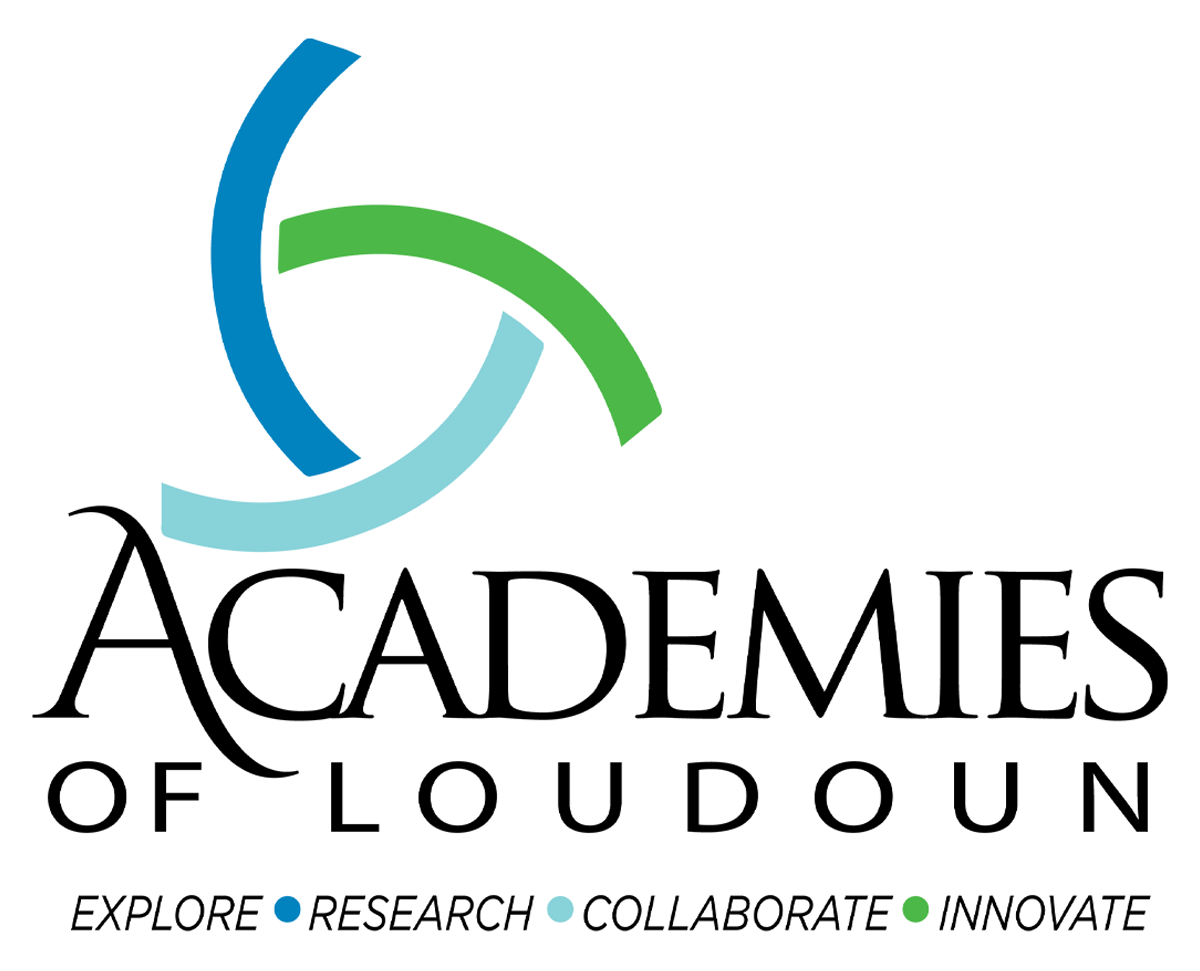About
Skip to content
What is Work-based Learning?
Experiential learning is a school-coordinated, coherent sequence of workplace experiences through which students develop knowledge, skills, and values from direct experiences outside a traditional academic setting. It encompasses a wide variety of enriching opportunities for students, such as practicums, student employment/work-study, and paid/unpaid internships, mentorships, service learning, and job shadowing. Well-planned, supervised and assessed experiential learning programs can stimulate academic inquiry by promoting interdisciplinary learning, civic engagement, career development, cultural awareness, leadership, and other professional and intellectual skills.
Experiential learning allows students to develop critical-thinking, problem-solving and decision-making skills. In such an environment, students are free to experiment, try new things, learn in a safe and controlled atmosphere, and gain real-time feedback. This kind of learning helps students build an emotional connect with the subject, leverage real examples for inspiration and enhance their experiences in a manner that leaves them with rich stories to share back with their friends and peers.
Learning that is considered "experiential" contain all the following elements:
Reflection, critical analysis and synthesis
Opportunities for students to take initiative, make decisions, and be accountable for the results
Opportunities for students to engage intellectually, creatively, emotionally, socially, or physically
A designed learning experience that includes the possibility to learn from natural consequences, mistakes, and successes
(University of Colorado)
